
Camera Operator Job Description
What is a Camera Operator Professional?
A camera operator is a professional who works with film or video cameras to capture images. These professionals operate the equipment to record events, people, and objects from different perspectives and angles. Most operators work in the television industry filming live shows such as news broadcasts and sporting events. Others may work in the motion picture industry capturing footage for movies and documentaries. There are also those who produce corporate videos or specialize in weddings and other special occasions.
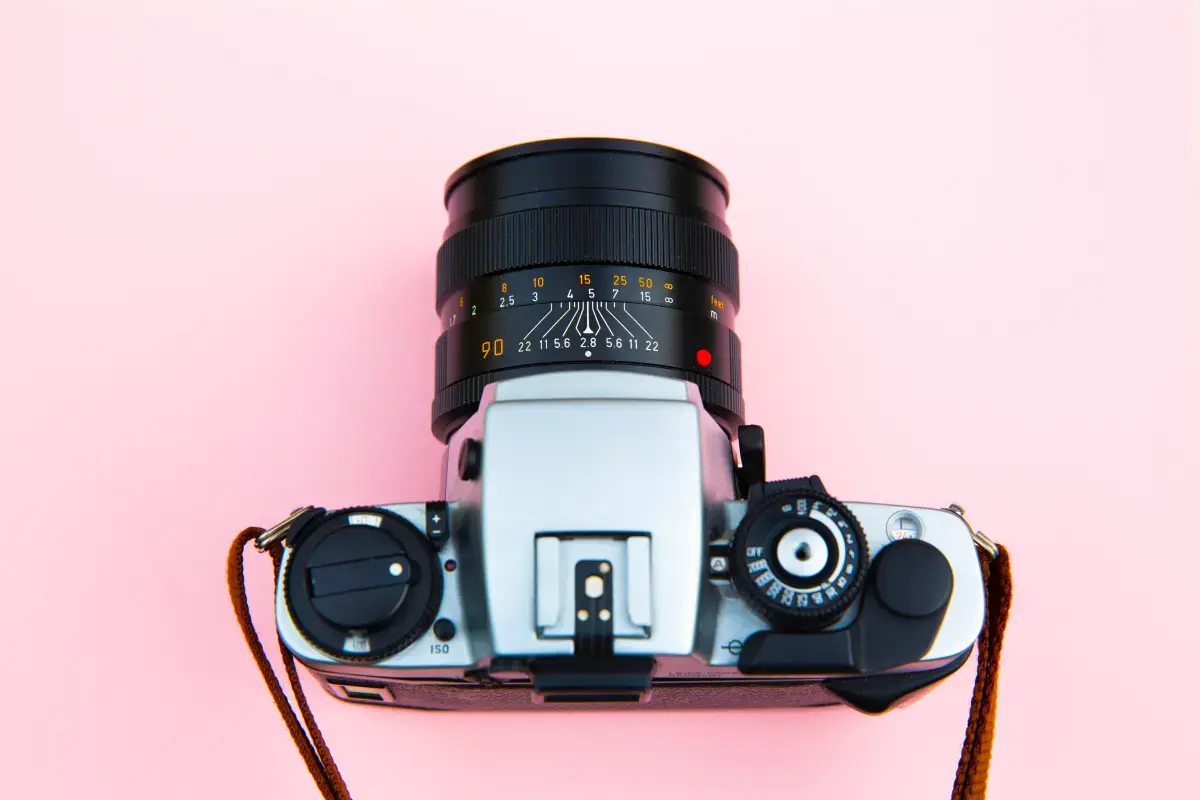
What does a Camera Operator Expert do?
No matter what their specialty, all camera operators must be able to set up and break down their gear quickly, as well as have an eye for composition when framing shots. In addition to operating cameras, these professionals are often responsible for setting up lights and dollies (wheeled platforms that help move heavy equipment). They may also be asked to do some simple editing tasks after recording has wrapped up.
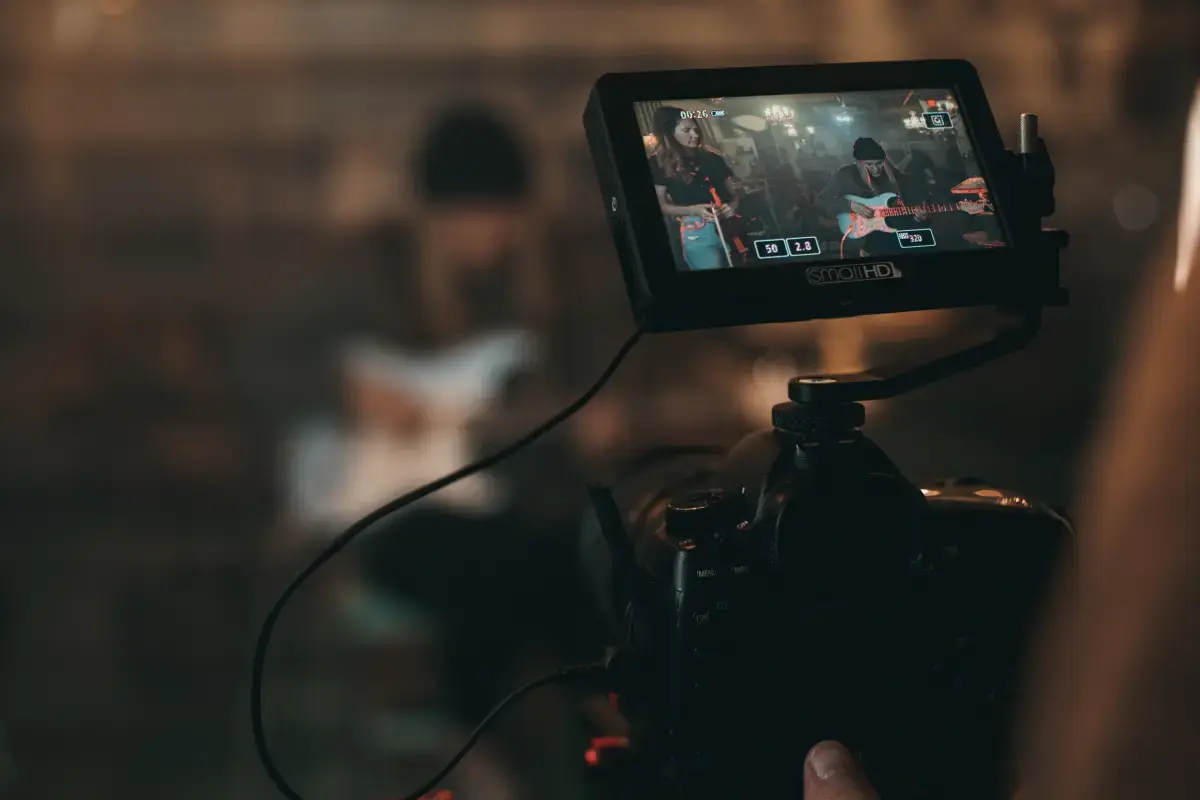
What are the Skills of a Camera Operator?
A camera operator needs a variety of skills and experience in order to be successful. Firstly, they need to have a good understanding of cameras and how they work. They should also be familiar with the different settings that can be used on a camera, such as aperture, shutter speed and ISO. This knowledge will allow them to set up the perfect shot for whatever scene they are filming. Experience is just as important as technical ability when it comes to being a camera operator.
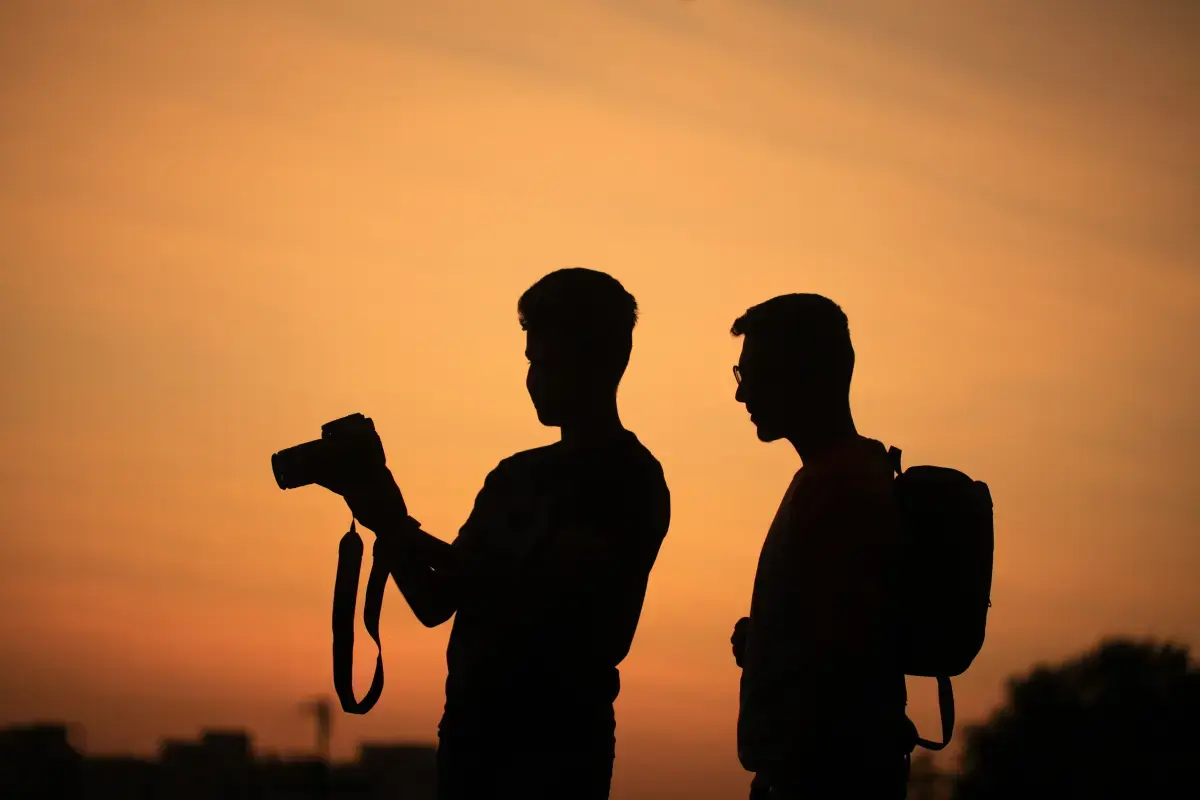
What makes an Expert Camera Operator?
The more experience someone has, the better their judgment will be when it comes to framing shots and knowing what looks good on screen. Being able to work quickly and efficiently is another key skill, as often there isn’t much time available for setting up elaborate shots. Camera operators must also be able to think on their feet and react quickly if something goes wrong or changes unexpectedly during filming – this could mean having to adjust the angle or focus of the shot at short notice.
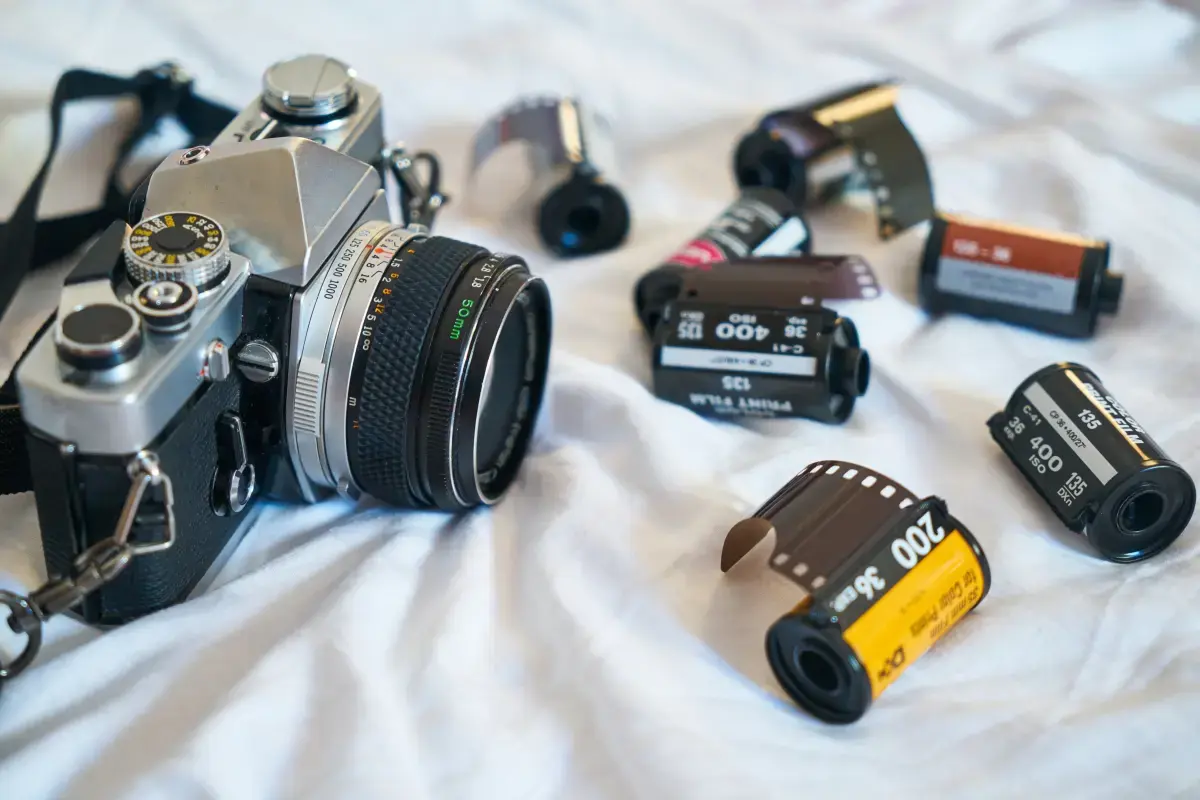
What level of Experience & Qualifications are required to be a Camera Operator?
Industry Experience: 1. Several years of full-time professional experience in camera operating, including work on feature films, television series and/or commercials. 2. Knowledge of different types of cameras and related equipment such as lenses, booms and other accessories. 3. Familiarity with camera moves (panning, zooming, dollying) to create the desired shot composition according to the direction provided by a director or cinematographer. 4. Ability to operate a remote-controlled steadicam with accuracy and efficiency while following commands given by a director or cinematographer promptly during filming sessions. 5 Ability to use manual controls on cameras swiftly when changing shots or settings quickly is essential for dynamic scenes requiring frequent shifts in focus increments during a single take —a technique known as “run–and–guns” photography—without any unnecessary movements that will ruin the shot’s continuity if noticed by viewers when watching the final cut of movie footage later on television screens at home . Training: 1 Attendance in specialized workshops such as those offered by professional film organizations like American Cinema Editors (ACE), International Cinematographers Guild (ICG), Directors Guild Of America (DGA) regarding topics like advance techniques for shooting TV commercials or standard safety practices observed when operating cameras inside sets with moving props positioned closeby 2 Participation in hands-on internships offered at local cable TV production centers which usually include real-world handling of high –end video equipment while also working under experienced professionals who are willing mentor newcomers throughout their stay 3 On job training through freelance employment where learning opportunities may include familiarizing oneself with unusual setups used outdoors while using long telephoto devices , high speed motion picture recording devices designed exclusively capture support stunts meticulously planned beforehand 4 Further training acquired after attending highly specialized courses related specific areas digital filmmaking distributed instruction online platforms dedicated providing quality education this field Qualifications: 1 Must be up date modern trends industry comprehensive knowledge new technologies pertaining postproduction image processing etc Work passed video production school university accredited win recognition from respected establishments hospitality catering trade√ 2 Have excellent creative judgment skills able find creative solutions once given challenging goals achieve filmmakers achieve results meet budget required standards set set forth 3 Make sound decisions based technical expertise aesthetic judgement conveyed clients suggestions bring life vision screen bodywork collaboratively results favor unified consistent message 4 Possess good communication understanding team members collaborating members success project whole efficiently bringing out best each contributor due common goal 5 Proficient troubleshoot various problems arise studio last minute situations handle pressure maintain composure efficient proactivity ability managing own time projects time deadline Educational Background: 1 Bachelors Degree Film Studies Media Production Public Relations broadcasting journalism Arts psychology marketing etc preferred featuring courses specialize subjects extensively studied giving graduate edge over competition mastering certain techniques techniques learned should cover basics principles cinematography Motion picture editing digital color grading nonlinear editing systems Camera Operating Histories among others subject matter topics covered during studies comprise theory practical application knowledge develop observation memorization problem solving Visual effects Story Development Marketing Distribution basic essential managerial skills directed towards film professionals 2 Masters Degree higher degrees Preferred specialization fields Creative Writing Script Supervision Storytelling directing Production Management Trade Shows Branding Finance Distribution Shooting Techniques Cultural Studies Applied Science Digital Imaging Postproduction Fundamentals Final Cut Pro Finishing Audio Design Music composing Visual Effects Software programs Adobe Photoshop Lightroom Among others
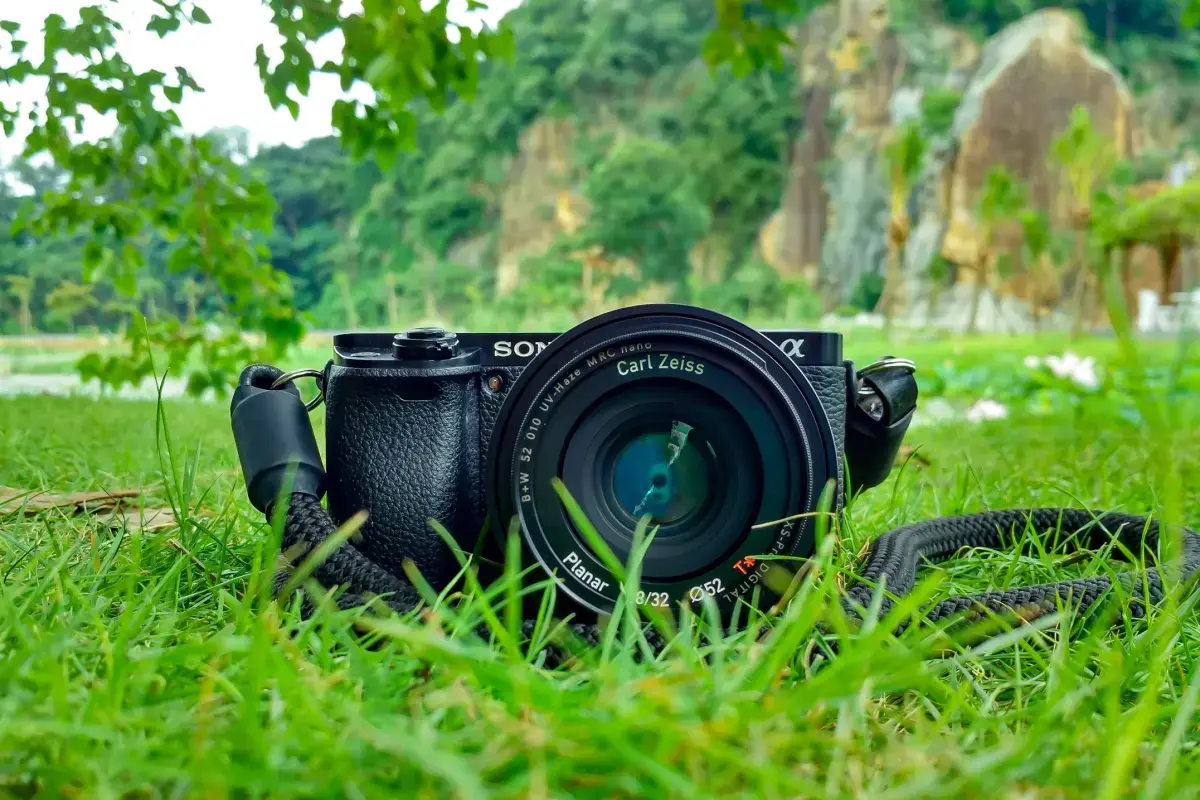
What is the Salary of a Camera Operator?
The salary expectations for a camera operator range widely based on the individuals experience and level of expertise. For entry-level or junior camera operators, who typically have little to no experience, the average annual salary ranges from $30,000-$50,000 and depends largely on regional cost of living. For mid-level professionals with several years in the industry under their belt, salaries can be anywhere from $55k to as much as $80k per year. At this stage in their career some operators may even become eligible for fringe benefits such as overtime pay if they meet certain requirements. At senior levels of professionalism and working experience averages can go up to six figures annually with wages ranging between upwards of $90k or even more (even crossing over into six figures). Some experienced crews may also qualify for overtime pay rates which would significantly increase their overall compensation package led by negotiated terms depending on each production’s budget size and expectation scale.
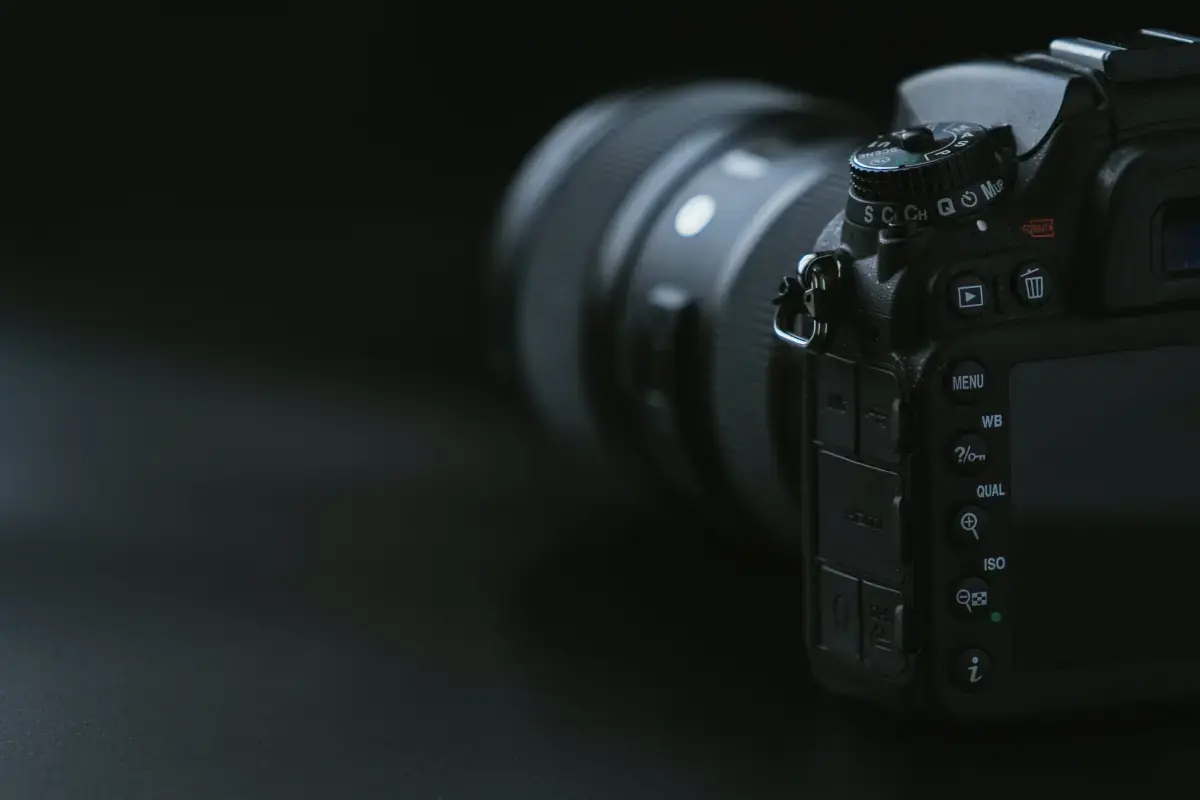
What are the Working Conditions for a Camera Operator?
Camera operators generally work on location or in a studio setting and often have long, unpredictable hours varying greatly depending on the project. Camera operators must ensure the technical accuracy of each shot, including framing the image correctly and adjusting settings that affect exposure, white balance and focus. They are typically employed by a production company or other organization that produces films, TV shows or commercials. Camera operators may be asked to operate multiple cameras at once, as well as troubleshoot any difficult shots. They must also carry heavy equipment when working on location. As most projects require extensive amounts of travel, camera operators should be prepared to travel both domestically and internationally for months at a time in order to capture footage from various locations around the world.
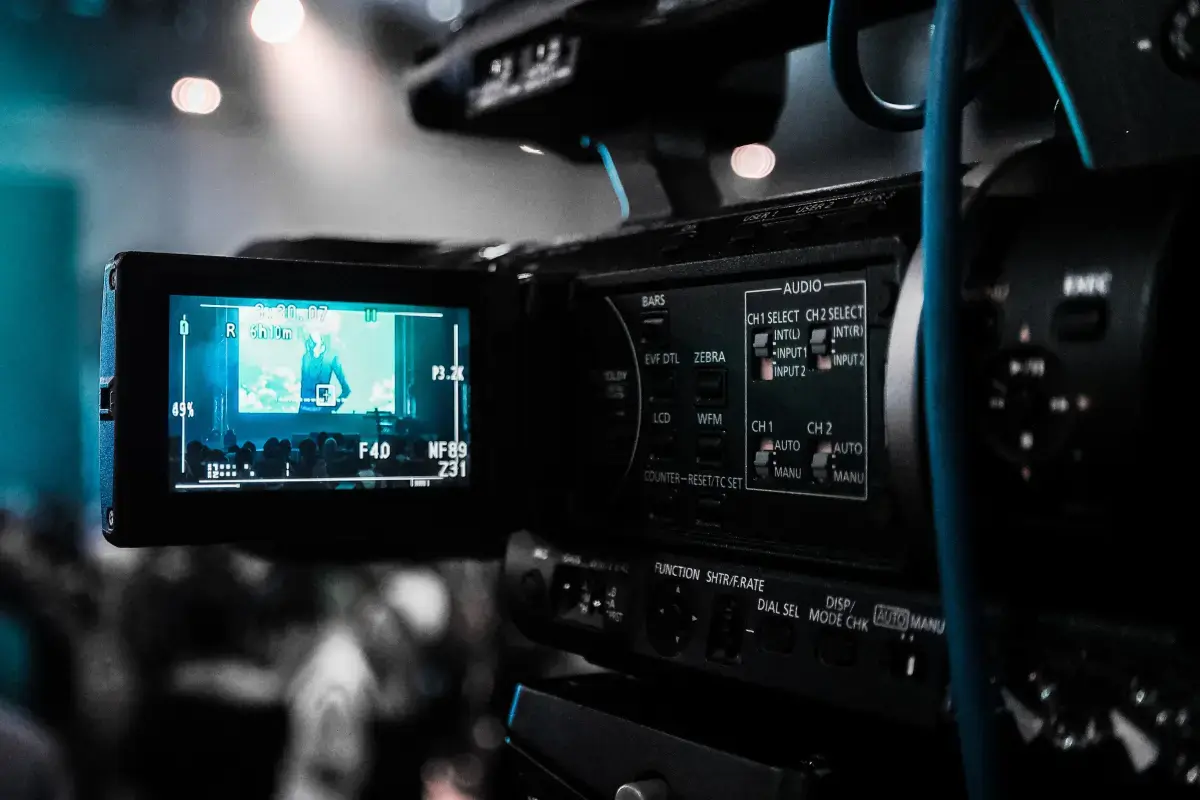
What are the roles and responsibilities of a Camera Operator?
Responsible for the operation of cameras and associated equipment to record images or action according to the requirements of a particular production
Select and set up appropriate camera equipment as per direction from DOP/DP
Maintain continuity by shooting each required scene in sequence
Position camera at specific points within movie set/location following instruction from 1st AD as well as maintain composition while zooming, tracking or tilting
Often collaborate with the Gaffer (lighting) department during setups to ensure that lighting levels are optimal for image recording
Achieve desired effects by using various filming techniques such as high-speed photography, time lapse etc…as requested
Keep an eye on picture screen constantly during recording process making sure footage is correctly exposed and in focus whilst also keeping track of any technical faults
Load film magazines with prescribed type of stock according to information provided in Production Report
Calculate start mark allowing sufficient leader when joining fresh magazine
Record sound tracks concurrently where available facilities permit
Signal Actor’s Assistant Director (AD) once “ACTION” is called so that slateboard can be clapped
Identify all Takes which have been satisfactorily recorded on shot log sheets provided before removing Magazine
Equipment must be kept clean & handled carefully at all times – avoid subjecting it unnecessarily harsh conditions
Adhere strictly health & safety regulations relating not just own welfare but also those around you
Prepare Camera Equipment ready for test shoots prior commencement main production
Liaison closely with Location Scout(s)/Manager(s) regarding access availability different shoot locations
Request location specific permissions if necessary i.e entry onto private property
Undertake regular maintenance checks both planned preventative general upkeep activities
Manage expenditure related matters including ordering replacement parts supplies
In some cases may act simultaneously 2nd Cameraperson assisting DP
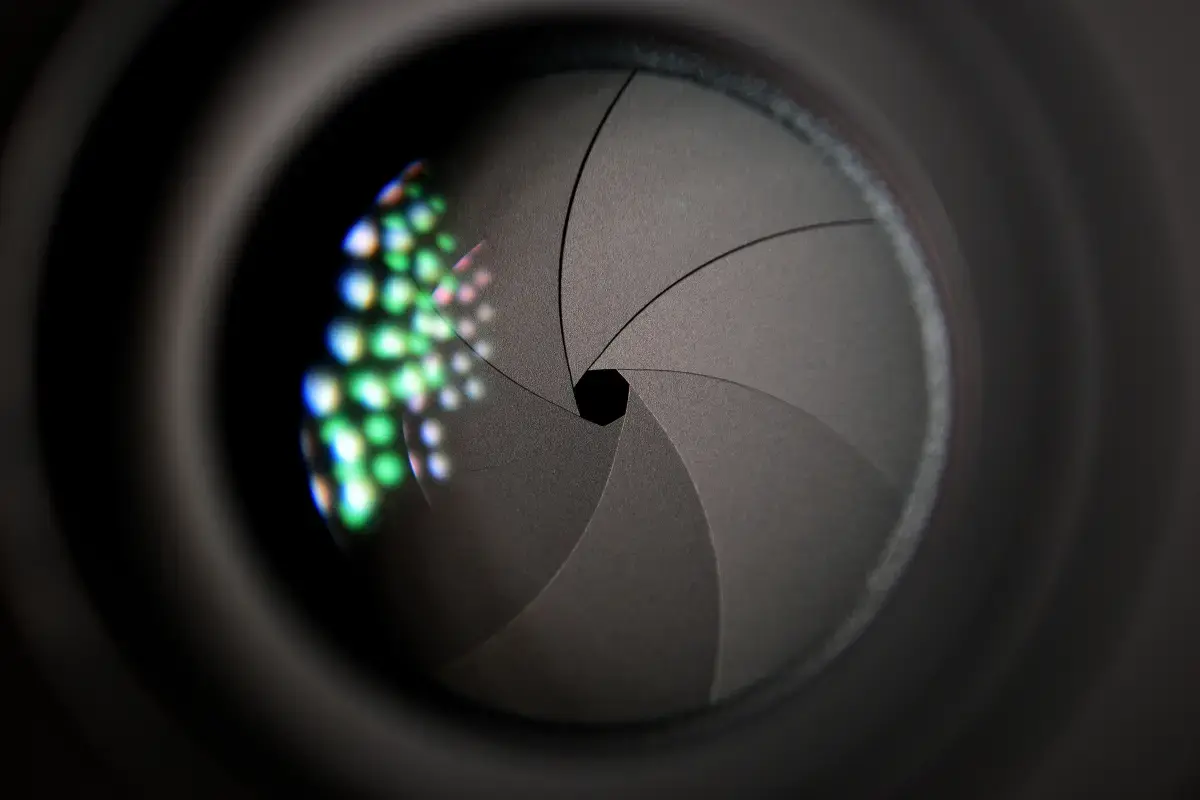
Where can I find Camera Operator jobs?
- Create a profile on gigexchange and promote your Camera Operator skills to advertise you are Open to New Work Opportunities
- Ensure your Resume (or CV), or online work profile is up to date and represents your skills and experience. Ensure your reputation reflects your ability & attitude.
- Apply for Camera Operator Jobs advertised on gigexchange.
- Practise Camera Operator interview techniques to ensure you represent your personality and ability succinctly and confidently.
- Accept the job offer if the salary meets your expectations and the employer mission and purpose reflects your core values.
Jobs
What are the best job boards for Film Camera Operation jobs?

How can I hire Camera Operator staff online for my business?
The best job board for recruiting Camera Operator experts is gigexchange.com. Advertise full-time, part-time or contract jobs to find, hire & recruit trusted, experienced and talented Camera Operator candidates near you.
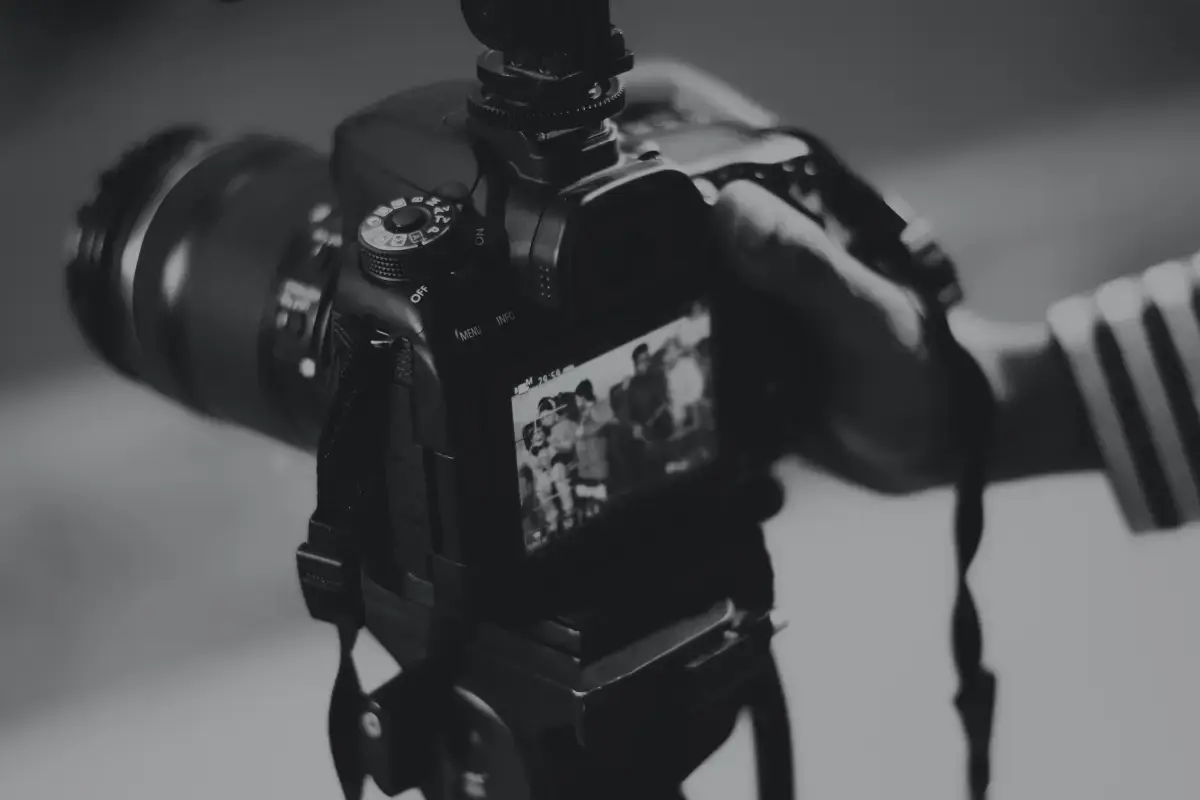
Are Camera Operator roles in demand in 2026?
Camera Operator experts are still in high demand in 2026. If you are an experienced Camera Operator or looking to train and become one. The job market is looking strong for Camera Operator jobs near me.